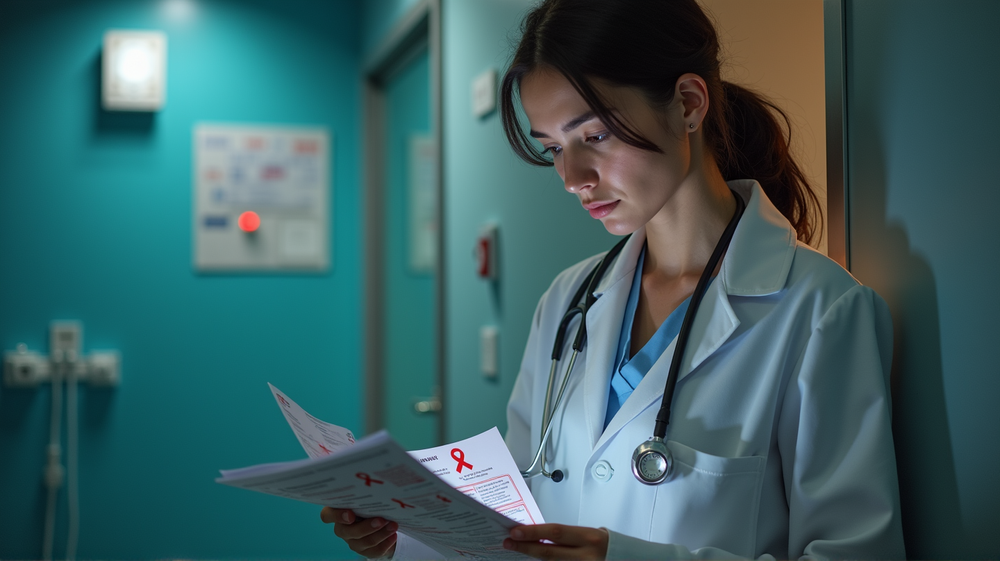Miami-Dade County, renowned for its sunlit beaches and vibrant culture, now finds itself grappling with an uncertain future in health care. According to an expert in HIV prevention, recent funding cuts threaten to unravel critical progress in combatting HIV in the region with the nation’s highest new HIV diagnosis rate.
Alarming Funding Cuts Impacting Lives
Elizabeth Sherman, an HIV clinical pharmacy specialist at Nova Southeastern, highlights a stark warning: “These cuts have real time implications for us here, not in abstract numbers, but real human lives.” As the Trump administration slashed over 230 HIV-related research grants, totaling nearly $2.5 billion in unspent awards, South Florida clinics find themselves struggling to maintain essential programs.
A Region Already at High Risk
South Florida, particularly Miami-Dade County, stands as the frontline in the national battle against HIV. The state’s ranking as third in the nation for newly reported cases underscores the critical need for continued support. With preventative care programs faltering, the region’s most vulnerable populations are now at heightened risk.
Human Impact Beyond the Data
Statistics often fail to capture the profound human impact of these funding cuts. “It’s rather inefficient to wipe out our nation’s established successful programs,” Sherman notes. Her insights remind us that every number in a report represents an individual’s life, and each service halted potentially means a life altered.
A Call for Action
The shuttered grants represent more than just financial loss; they symbolize a withdrawal of support from communities striving to combat a persistent epidemic. Clinics around Florida have already paused their free HIV testing programs, leaving many without easy access to lifesaving interventions.
Hope Amidst the Challenge
As disheartening as the outlook seems, the call for action is clear. Communities, policymakers, and healthcare providers must band together to push for restored funding and innovative solutions to confront the crisis head-on. According to WUSF, engagement with local legislative bodies might pave the way for new funding avenues and collaborative initiatives.
In the essence of resilience, South Florida can visualize a hopeful road ahead, paving the way toward renewed strength against HIV. The stakes are high, but with community effort and support, a reversal of these setbacks remains within reach.













